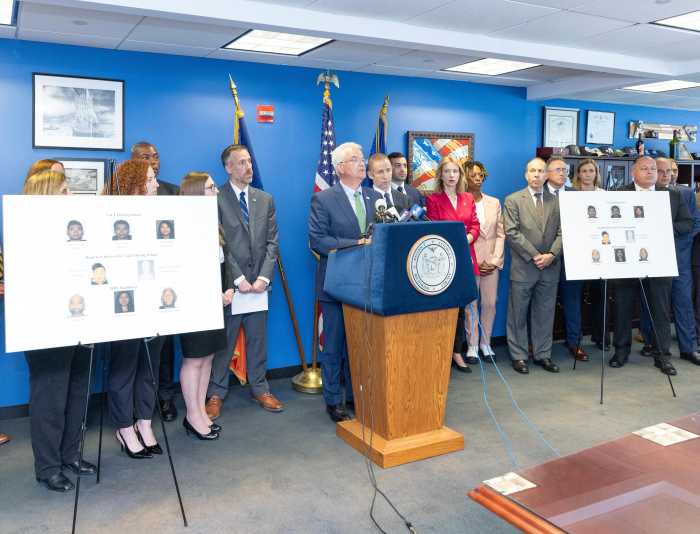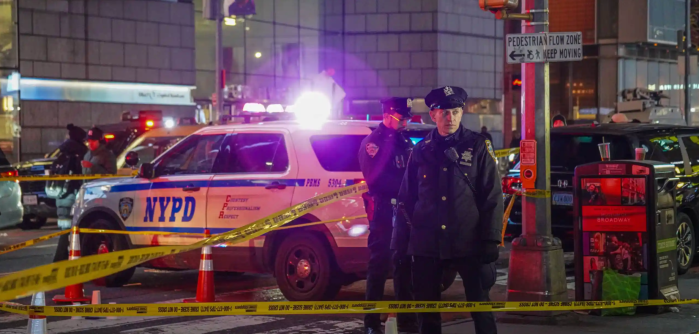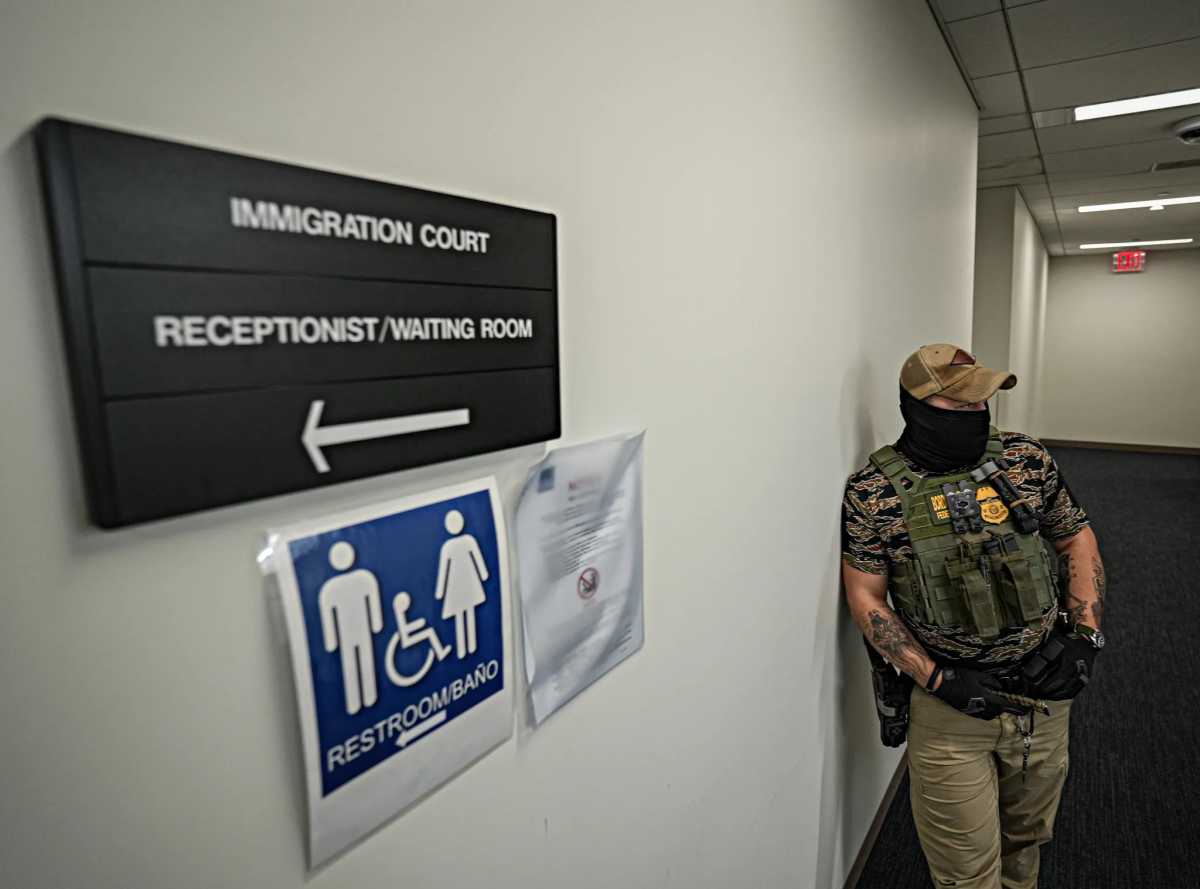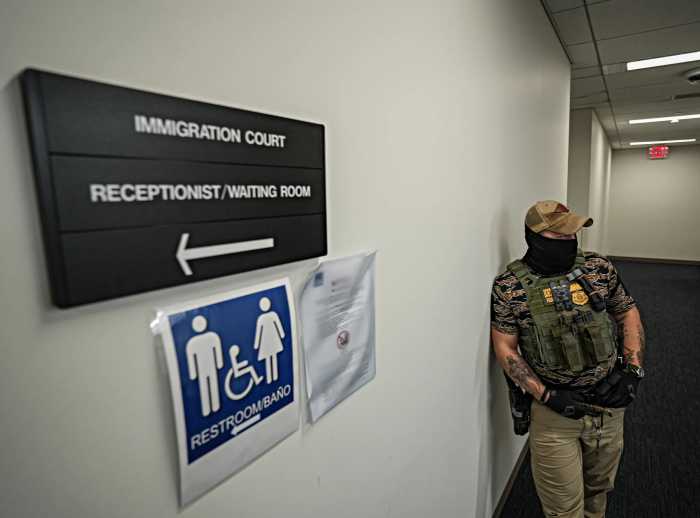Controversy surrounding Madison Square Garden’s usage of facial recognition technology continued to brew on March 11 as heads of the entertainment mecca announced legal action against the New York State Liquor Authority — just as the agency looks to pull its venues’ liquor licenses.
Madison Square Garden Entertainment CEO James Dolan said Saturday he has filed suit against the SLA, which has reportedly moved to pull the liquor licenses of The Garden and its affiliates — The Theater at Madison Square Garden, Radio City Music Hall and Beacon Theatre — as a result of MSGs now-infamous use of facial recognition technology to cherry-pick who they allow to attend their events, including lawyers who have open lawsuits against the company.
Dolan, who has not taken kindly to the effort to wound his wallet, is now attempting to fight back by calling the endeavor to revoke his license “abuse.”
“This gangster-like governmental organization has finally run up against an entity that won’t cower in the face of their outrageous abuses,” Dolan said in a statement. “While others that have been subject to this harassment may have been forced into submission or silence, we are taking a stand on behalf of our fans and the many small businesses who have long been subject to the SLA’s corruption.”
While Dolan charges he is going to war on behalf of his customers, those who have been unceremoniously removed and their advocates feel differently. In January, Benjamin Pinczewski — a lawyer and an avid New York Rangers fan — and elected officials such as Senator Brad Hoylman spoke out on what they cite as corporate retaliation.
“Madison Square Garden Entertainment says they use facial recognition technology for security purposes to keep their fans safe. Well, we have seen through these examples that James Dolan and Madison Square Garden are less concerned about the security of their fans and more concerned about corporate retaliation,” Hoylman said.
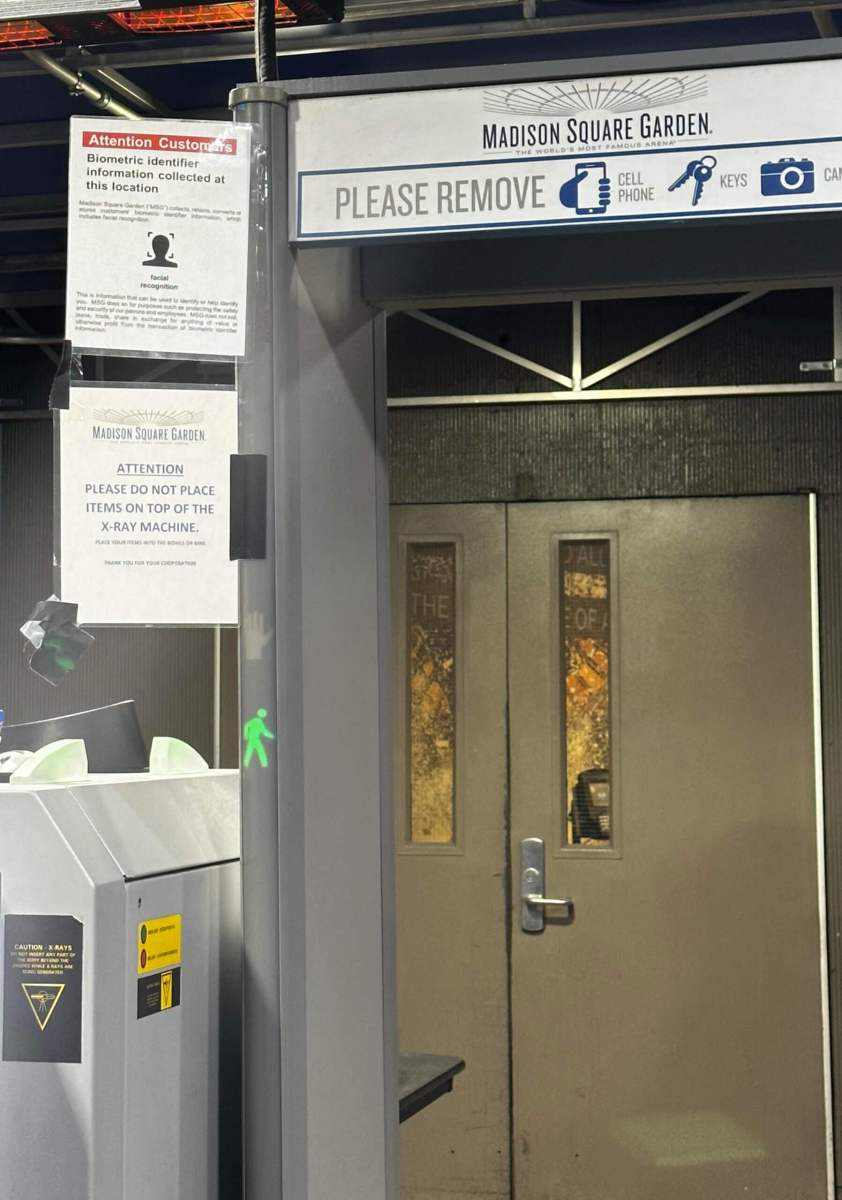
MSG Entertainment’s lawsuit claims that the SLA is operating outside of its powers, maintaining that the business’ facial recognition policy has no correlation to the consumption or distribution of alcohol. The lawsuit further claims that the authority cannot single out MSG when other New York City nightclubs have “far more exclusionary policies.”
In a statement to amNewYork Metro, a spokesperson for the SLA said the agency has not yet been officially served with the lawsuit. However, the rep cited the Alcoholic Beverage Control law, which requires that all retail licensees allow the general public access into their premises (other than a licensed not-for-profit club licensee).
“As the agency has not been served in this suit at this time, we cannot comment on it directly, but we stand ready to vigorously defend our processes, actions, and dedicated staff,” the rep said.





